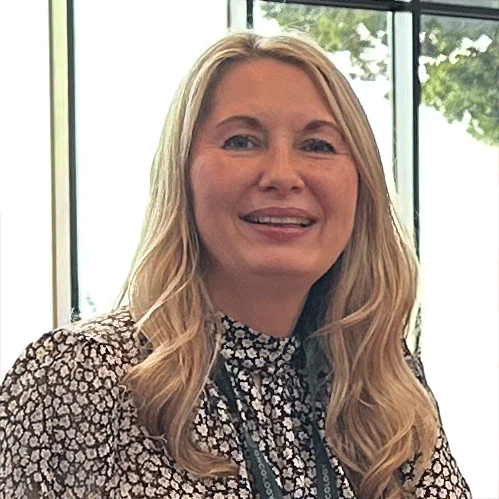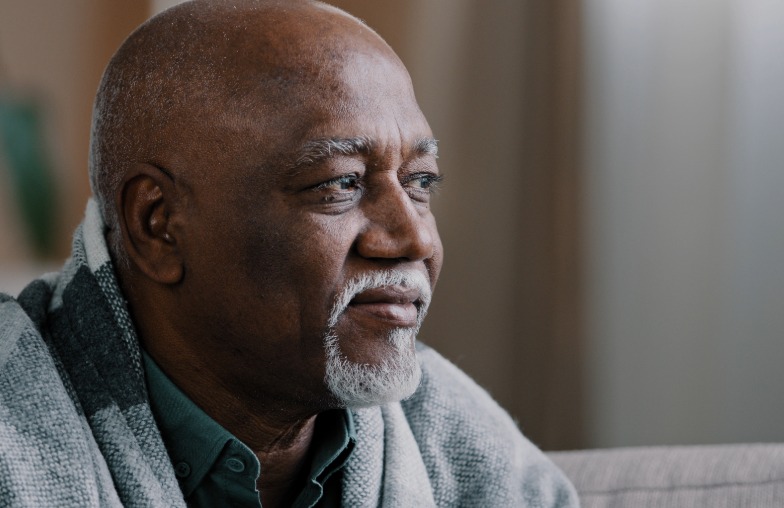Exploring innovation, patient-centricity, and operational excellence in trials
I was thrilled to attend the annual Clinical Trials in Oncology (CTO) West Coast conference, which is a remarkable event to address challenges and explore the latest advancements in operationalizing oncology clinical trials. I came away from the conference feeling energized and inspired.
Keya Watkins, Senior Vice President, Catalyst Oncology, served as the conference chair for this engaging two-day event facilitating sessions across a range of topics—from the ever-changing regulatory landscape and innovative trial designs to global operational efficiencies and technological impacts.
Opportunities for the drug development industry
The CTO West Coast conference offered a wealth of valuable perspectives on the industry’s current challenges and emerging opportunities:
Artificial intelligence (AI) in oncology trials: While AI may feel like the latest buzzword, it’s more than just hype. AI’s impact on our industry is real. The use of AI across all aspects of drug development is evolving and being used for:
AI is helping identify investigational product (IP) targets, molecules, and predicting efficacy and toxicity. It is being used in designing protocols, including dose escalation/expansion studies.
Predicting enrollment rates and selecting best regions and sites to complete enrollment within goals or matching patients to clinical trials, and ultimately, reducing Phase II failure rates.
Industry professionals are using AI to aggregate and analyze data across platforms, allowing for a more robust output of data trends and results.
Catalyst Oncology is actively exploring the use of AI—from streamlining study documentation to expediting data processing, data surveillance and medical writing capabilities. We currently use AI-powered technology to enhance efficiency and expedite study deliverables for our sponsors’ trials.
CTO West Coast sparked much discussion around the need to enhance patient-centricity in clinical trial design. While the importance of this shift was widely acknowledged, there was a strong consensus that significant progress is still needed:
Recruiting a wider range of patient populations ensures real-world conditions and improves the applicability and validity of clinical trial results. This includes considering the needs of patients, such as the number of visits and procedures, for better retention and improved outcomes.
Analyzing circulating tumor DNA (ctDNA)can transform a patient’s prognosis. This less invasive and safe, sensitive blood test can confirm disease presence and may potentially be able to replace or reduce the need for radiological assessments and/or biopsies.
Advances in diagnostic methods, including the use of molecular and next-generation sequencing (NGS) platforms to stratify patients, underscore the importance of making informed decisions based on data and ensuring patients receive appropriate treatment.
Solving operational challenges
In addition to serving as conference chair, Keya facilitated panel presentations and fireside chats during the two-day event. “Solving Challenges for Operational Excellence in Early-Phase Oncology Trials,” her fireside chat with John McAdory, Vice President, Clinical Operations, CG Oncology, Keya and John discussed:
- Navigating new regulatory requirements, such as the U.S. Food and Drug Administration’s (FDA) Project Optimus and the increasingly complex and global study designs
- Implementing country and site selection strategies that optimize first-patient-in/last-patient-in milestones
- Managing the complexities of enrollment, cohort management, safety review, and trial logistics across multiple regions
- Maintaining a patient-centric approach to optimize study coordination and to benefit patients
The CTO West Coast conference showcased the exciting progress in oncology clinical trials. From the growing role of AI in streamlining operations to the push for more patient-centric trial designs, the conference emphasized the importance of innovation, adaptability, and collaboration.
As we continue to navigate the complex regulatory landscape and global trial operations, cross-functional collaboration and forward-thinking strategies will be critical. I left the event energized by the shared commitment to advancing cancer care and optimistic about the future we’re working toward.




